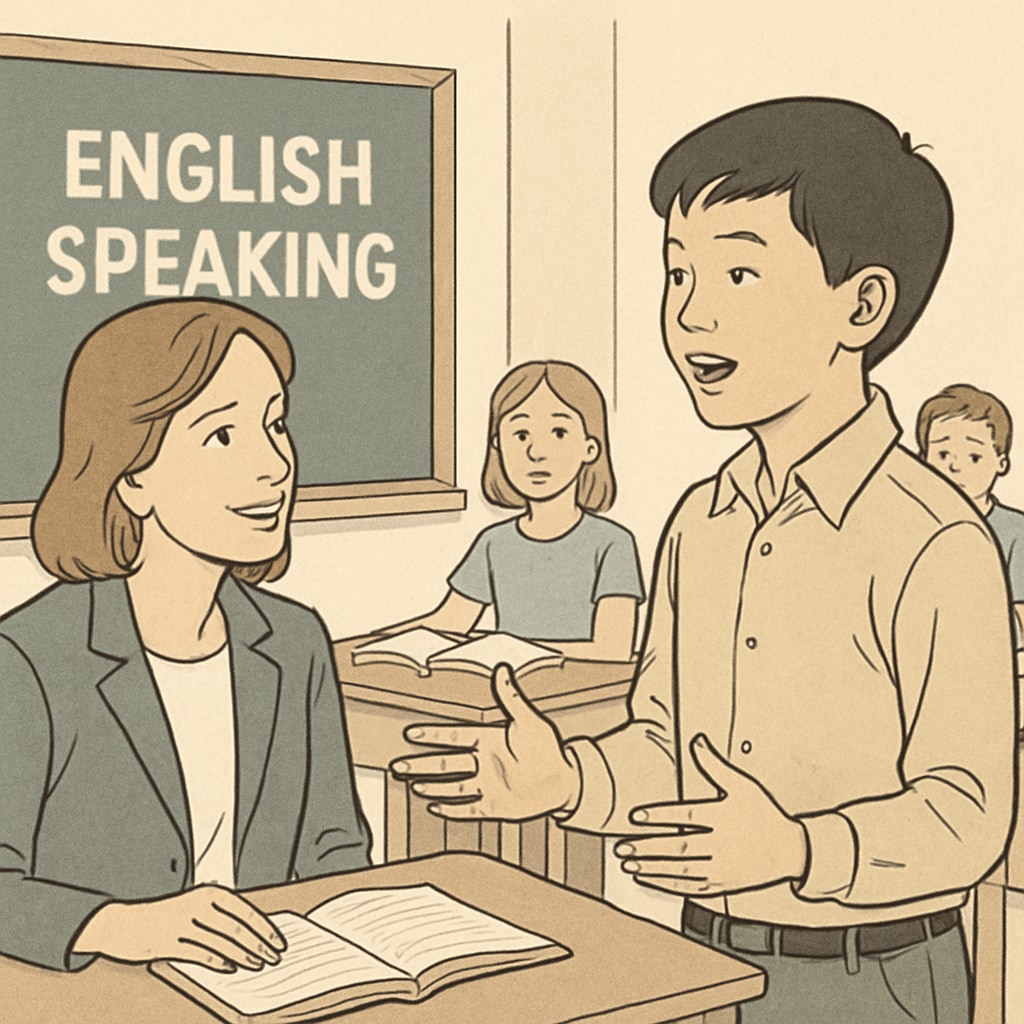Preparing for higher education in the United States, particularly for a master’s program, is a journey that starts long before the application process. For K12 students, laying a strong foundation during their formative years is critical. By focusing on academic preparation, language proficiency, and holistic development, students can position themselves for success. Parents and students alike may also consider working with a reliable study abroad consultancy to navigate the complexities of U.S. education systems. This article will delve into how to set the stage for a future in U.S. master’s programs effectively.
Academic Preparation During K12: The First Step Toward U.S. Master’s Programs
Academic excellence is a cornerstone for students aspiring to pursue U.S. master’s programs. American universities highly value a strong academic record, which demonstrates a student’s ability to succeed in rigorous coursework. To achieve this, students should focus on the following:
- Challenging Curricula: Opting for advanced classes such as AP (Advanced Placement) or IB (International Baccalaureate) programs can showcase a student’s readiness for college-level coursework.
- STEM and Humanities Balance: While many students may lean toward STEM subjects, showing diversity in skills across disciplines can make applications stand out.
- Effective Time Management: Balancing extracurricular activities with schoolwork teaches discipline and prepares students for the demands of graduate studies.
For parents, it is essential to encourage and support their children in selecting a rigorous but manageable academic path. Additionally, working with mentors or advisors at an early stage can provide valuable guidance in identifying areas for improvement.

Language Skills: The Key to Navigating U.S. Education Systems
Strong language skills are indispensable for students aiming to pursue higher education in the United States. Proficiency in English not only ensures success in academics but also allows students to integrate seamlessly into the community. Here are some actionable steps to build language skills:
- Early Exposure: Engage with English language media, such as books, podcasts, and movies, from a young age.
- Standardized Tests: For U.S. master’s programs, students must perform well in tests like the TOEFL (Test of English as a Foreign Language) or IELTS (International English Language Testing System).
- Writing and Speaking: Join debate clubs or writing workshops to build confidence in communication.
Parents can play an active role by encouraging their children to use English in daily conversations and by providing access to language resources. In addition, some families opt to partner with educational consultants who specialize in language training.

Holistic Development: Beyond Academics
In addition to academics and language skills, holistic development plays a critical role in preparing for U.S. master’s programs. American universities value well-rounded individuals who bring unique perspectives and experiences. Students should focus on:
- Extracurricular Activities: Participation in sports, arts, or volunteer work demonstrates leadership and teamwork skills.
- Global Awareness: Engage in activities that broaden cultural understanding, such as exchange programs or international competitions.
- Personal Projects: Initiating projects, whether in technology, writing, or community service, can showcase a student’s passion and initiative.
Holistic development also involves building interpersonal skills and emotional resilience—qualities that are crucial for thriving in a foreign academic environment. Parents and educators should encourage students to explore their interests and develop a sense of purpose.
How Study Abroad Consultants Can Help
For many families, navigating the complexities of applying to U.S. master’s programs can be overwhelming. This is where study abroad consultants come into play. These professionals offer expertise in areas such as:
- University Selection: Identifying institutions that align with a student’s academic and career goals.
- Application Support: Providing guidance on essay writing, recommendation letters, and interview preparation.
- Visa Assistance: Helping families understand and complete the visa application process.
By working with reputable consultants, students can streamline their application process and gain insights that increase their chances of admission. For example, consultants often have up-to-date knowledge on what top universities look for in prospective students, allowing tailored advice for each unique case.
Final Thoughts: Preparing for a U.S. master’s program is a long-term endeavor that begins during the K12 years. By focusing on academic excellence, language proficiency, and holistic development, students can build a strong foundation for their future. Additionally, leveraging the expertise of study abroad consultants can provide much-needed clarity and support throughout the process. With careful planning and guidance, success in pursuing international education is well within reach.
Readability guidance: Use short paragraphs and lists to summarize key points. Limit passive voice and long sentences for better readability. Include transitions such as “however,” “therefore,” and “as a result” to improve flow.


